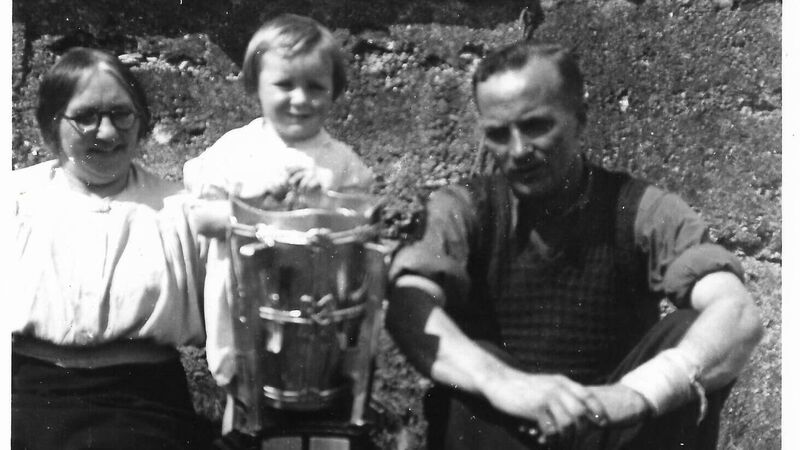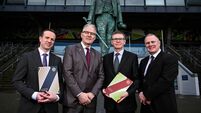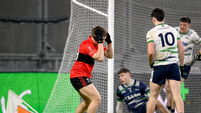Christy Ring's Ballinskelligs holidays: 'He was as down to earth as ourselves'

Christy Ring: Captain at rest: low-key celebrations after the 1946 All-Ireland win.
Ballinskelligs is a remote spot, clinging to the coast at the southern tip of the Iveragh Peninsula and overlooking the Atlantic.














